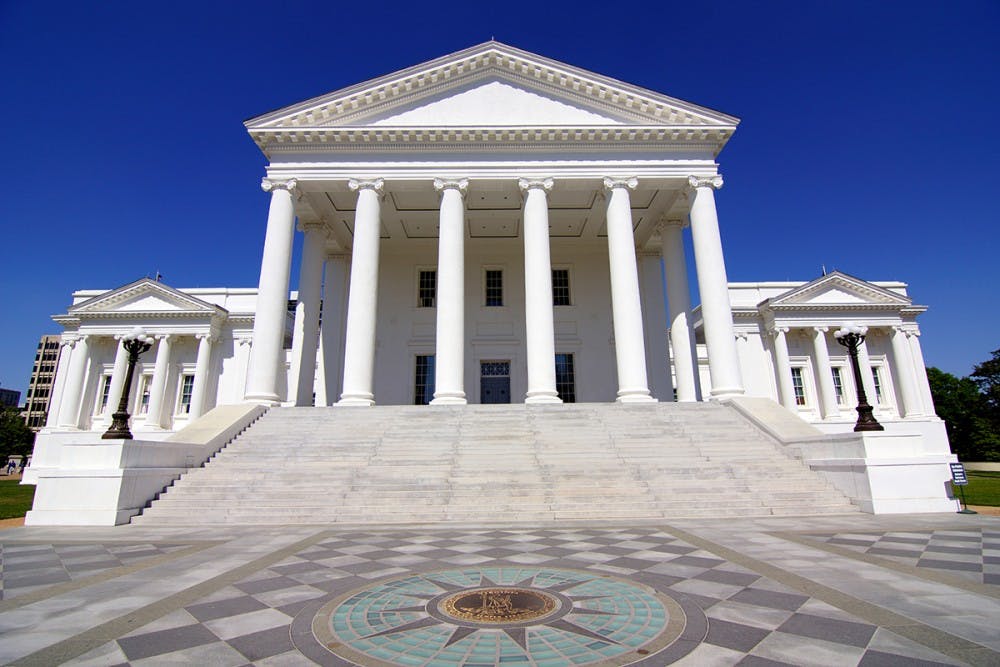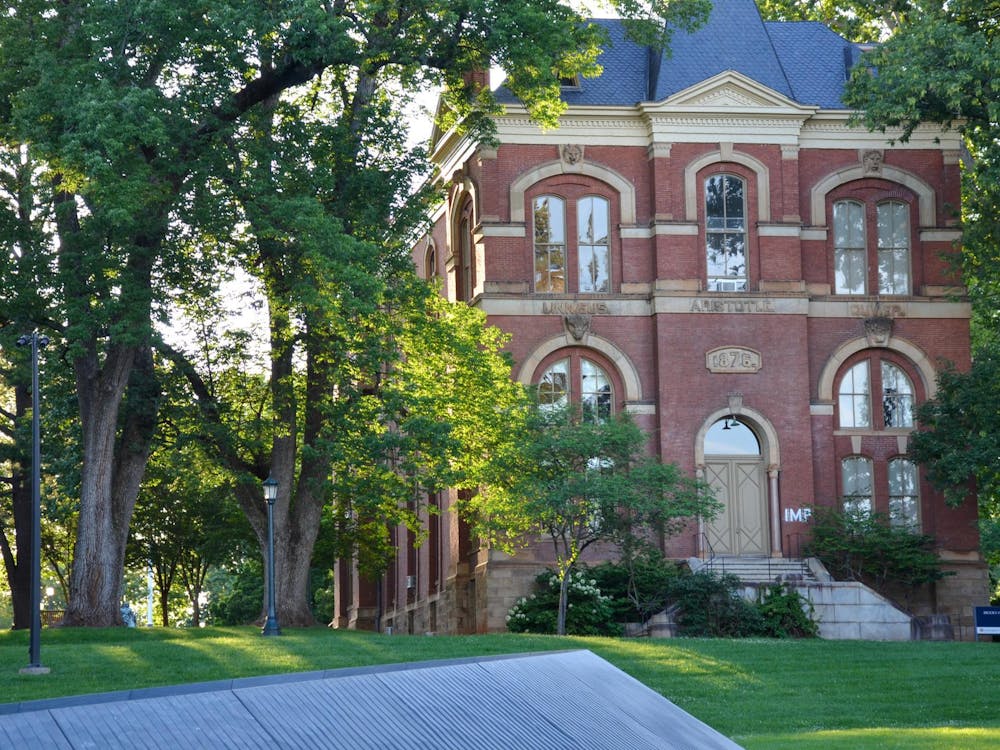A subcommittee of the Virginia House of Delegates voted down a proposed constitutional amendment to reform the redistricting process Tuesday.
The Elections subcommittee of the Privileges and Elections Committee defeated the bill by a vote of 5 to 2. Five Republican Delegates voted to defeat the bill, while the two Democratic Delegates voted in support of the bill.
In Virginia, the state legislature draws the boundaries of congressional and state legislative districts every 10 years. Virginia will redraw the boundaries after the 2020 census is completed.
The constitutional amendment was proposed by State Senators Janet Howell (D-Reston) and Jill Holtzman Vogel (R-Winchester) and passed the Senate Feb. 6. It would require electoral districts to be contiguous and compact, to be drawn using existing political boundaries like towns and counties and to be as equal as possible in population.
Sen. Creigh Deeds (D-Bath) said it is common for redistricting reform bills to pass the Senate but not the House due to incumbent delegates’ desires to maintain power.
“For the Senate, it’s easy to vote for it, because whether you’re for it or against it, you know it’s going to die when it gets to the House,” Deeds said. “It doesn’t pass the House because power, once achieved, is difficult to give up. People in power have to know that if the districts are drawn the way that doesn’t allow the incumbents to protect themselves or protect their party, change could occur and that change could mean the end of their power.”
Because the state legislature redraws the boundaries, the political party controlling the state legislature is able to gerrymander, or draw electoral districts to benefit their party.
“When you’ve got a partisan-drawn district, the districts are so partisan in nature that you only have to focus on … the people who nominate you,” Deeds said. “That does not produce a legislature that’s focused on solving problems. That produces a legislature that’s focused on continuing partisan rancor.”
The proposed constitutional amendment would also prohibit drawing electoral districts to benefit specific political parties or incumbent legislators. The amendment aims to make legislators more responsive to their constituents.
“I don’t think there’s anything we can do that would more organically change the way our government functions than to change the way the districts are drawn, not only in Virginia but around the country,” Deeds said.
Del. Mark L. Cole (R-Spotsylvania), chairman of the House Privileges and Elections Committee, said the committee fairly heard all the legislation on the agenda.
Since redistricting will not occur until after the 2020 census, Cole said reform can wait.
“Since redistricting will not occur until 2021 and there are court cases pending that may affect redistricting, there is no need to rush to adopt redistricting legislation now,” Cole said in an email statement.
OneVirginia2021 is one of the leading organizations advocating for redistricting reform in Virginia. Brian Cannon, the executive director of OneVirginia2021, said he thought the bill did not pass Tuesday morning because it was not assigned to the correct subcommittee.
“This isn’t the subcommittee we should’ve gone to,” Cannon said. “These are constitutional amendments. It should’ve been in a different subcommittee that deals with constitutional amendments – it’s actually called the Constitutional Amendments Subcommittee.”
Cannon said he believes this was a political maneuver on the part of House leadership to prevent the bill from passing.
“They’ve really reaped the committee process to make sure these bills die,” he said.
After the defeat of the bill this morning, Cannon talked about the next steps for OneVirginia2021. OneVirginia2021 is open to discussion of other proposed solutions that will work toward fair and free elections.
“Our organization is not dogmatic about exactly what the solution is,” Cannon said.
The bare minimum for future reform proposals, Cannon said, is prohibiting the drawing of districts to favor certain candidates or certain political parties. He said he would like to see states respect existing lines and local boundaries and establish a redistricting commission.
Cannon said there is opportunity for reform in more upcoming legislative sessions.







